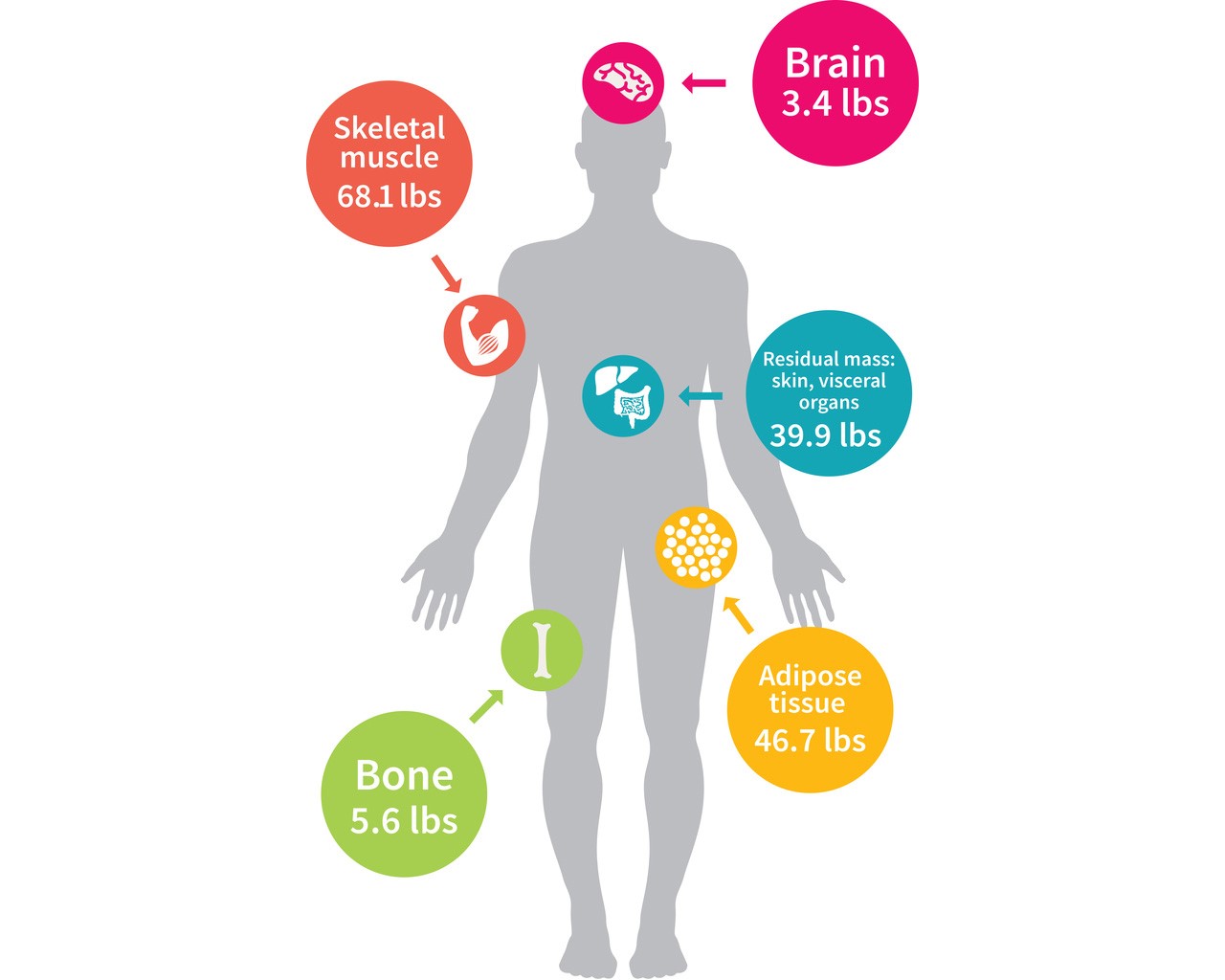Although the question of why metabolism is related to weight loss has been debated for years, there are several things you can do to increase your metabolic rate. For starters, eating more protein will help you burn more calories during your meals. Moreover, protein consumption will raise your TEF, the body’s thermogenic enzyme, which will accelerate your weight loss. However, protein consumption is not the same as running a marathon. While protein intake can boost your metabolism, it should be combined with portion management and exercise to maximize the effects of the exercise.
Another way to boost your metabolism is by drinking more water. Our bodies need water to process our food and a dehydrated state can slow your body’s metabolism. One study showed that adults who drank eight glasses of water a day were able to burn more calories than those who only drank four glasses. It is best to drink a glass of water before meals and snack on fresh fruits and vegetables, which naturally contain water.
Your metabolism is determined by a number of factors, including genes, environment, and lifestyle. A fast metabolism is one that burns more calories at rest and while performing physical activities. This means that you must consume more calories than you burn during activity to maintain your weight. A slow metabolism slows your metabolism. A person with a fast metabolism can eat more calories without gaining weight, whereas a person with a slow metabolic rate must consume fewer calories to maintain their current body weight.
Studies have shown that a fast metabolism increases the amount of calories you burn while a slow one slows down. Both of these processes affect weight and are important. Genetics play a role in how much you burn and how much you consume, as well as the composition of your diet. Age is also an important factor. If your metabolism is slower than normal, your weight will increase. This means that you can expect to lose fat and keep it off.
The human body uses energy to move, breathe, and function. The process of burning calories is called metabolism. During exercise, your metabolism will increase, while at rest, your body will burn less energy. As you can see, your exercise and diet will impact your metabolism. Keeping your weight in check can help you lose fat and increase your energy levels. The key is to get enough physical activity. Ensure that you are physically active to burn extra calories.
You can boost your metabolism with exercise. Taking a brisk walk or standing instead of sitting will boost your metabolic rate. By adding more activity, you can burn more calories, and your body will become more active. For more information, read our article below. It will give you some tips to increase your body’s metabolic rate. While the best way to burn fat is through diet and exercise, you can also look at your Basal Metabolic Rate. The amount of energy your body needs to function is known as the basal metabolic rate.
You should make a balanced diet with plenty of variety. You should eat at least five different types of foods to get the most benefits from your exercise. Your diet should also contain foods that are rich in fiber and contain more protein. This way, you’ll burn more calories and be healthy. During your diet, you can balance your calories. The more energy you have, the less hungry you will be. A balanced diet should be your first priority.
A healthy diet involves eating smaller meals more frequently. In contrast to large, frequent meals, eating small meals every three to four hours will keep your metabolism running and burn more calories per day. A healthy diet will also help you maintain a healthy body weight. You may find that a healthy diet is not an easy task, but it is certainly possible to lose weight. If you want to lose weight, you need to be active.
